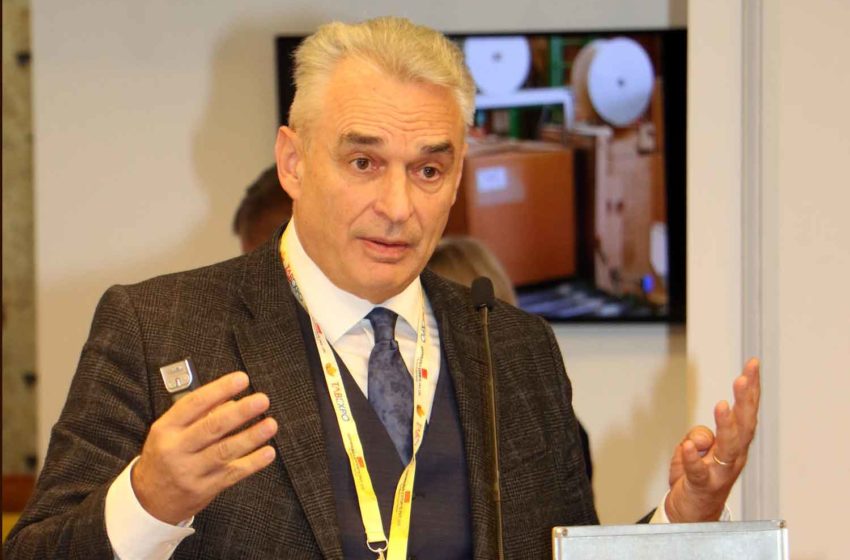
Today, the Swedish government released data showing that Swedes have made history by officially becoming the first country to be ‘smoke-free’.
Swedes have hit the remarkable milestone 16 years ahead of the European Union target – while most of the EU’s fellow member states are set to miss it by some distance.
Official health data released by Sweden’s public health agency show that just 4.5% of Swedish-born adults smoke – significantly below the globally recognized benchmark of 5% for smoke-free status.
Average smoking rates in Europe (24%) are five times higher than Sweden’s.
The Swedes’ extraordinary success results from their pioneering policy approach to safer cigarette alternatives, according to press releases.
Dr. Delon Human, leader of Smoke-Free Sweden, said the outstanding achievement marks a significant moment in global public health and stands as a testament to the progressive policies that have guided Sweden’s approach to tobacco control.
“In the early 1960s, nearly half of Swedish men smoked. By embracing and encouraging the use of alternative nicotine products such as snus, oral nicotine pouches and vapes, Sweden has paved a clear path to a smoke-free society while safeguarding public health,” he said. “They should serve as a beacon of hope for the rest of the world and as inspirational proof that a pragmatic, enlightened approach can deliver sensational public health gains and save lives.”
The new statistics show that 5.3% of all adults in Sweden, including immigrants, currently smoke. Remarkably, the data also reveals that people born elsewhere in Europe would be three times more likely to smoke if they had not moved to Sweden.
Dr. Anders Milton, a physician, former president, and CEO of the Swedish Medical Association, said that the key to Sweden’s success is its pragmatic focus on harm reduction rather than prohibition.
“A wide range of safer nicotine products, with a variety of strengths and flavours, is legally available both online and in stores, supported by advertising, which raises awareness and encourages uptake,” he said. “The Swedish government also applies a proportional excise tax, keeping smoke-free products more affordable than cigarettes.
“This tax policy, coupled with public education campaigns, has empowered Swedish consumers to make healthier choices and contributed to the country’s leading role in tobacco harm reduction.”
The benefits of Sweden’s strategy are enormous, with the country having the lowest percentage of tobacco-related diseases in the EU and a 41% lower incidence of cancer than other European countries.
“While Sweden celebrates this historic achievement, most other nations remain far from reaching their smoke-free goals,” said Human. “Their rigid, prohibitionist policies limit access to safer nicotine alternatives, including oral nicotine products and e-cigarettes. These regressive measures are pushing smokers away from potentially life-saving tools and stalling progress toward reducing tobacco harm.
“Rather than follow Sweden’s lead, these nations are heading in the opposite direction, with smoking prevalence stagnating or even rising. Sweden’s success is living proof that alternative nicotine products are a powerful force for positive change when supported by evidence-based policies.
“Smoke-Free Sweden calls on all countries to re-evaluate their tobacco control strategies and adopt harm reduction as a central pillar in their fight against smoking. Sweden’s smoke-free status should be a wake-up call to policymakers across the globe: progressive, science-backed policies on nicotine alternatives can make smoking history without sacrificing public health goals.”










